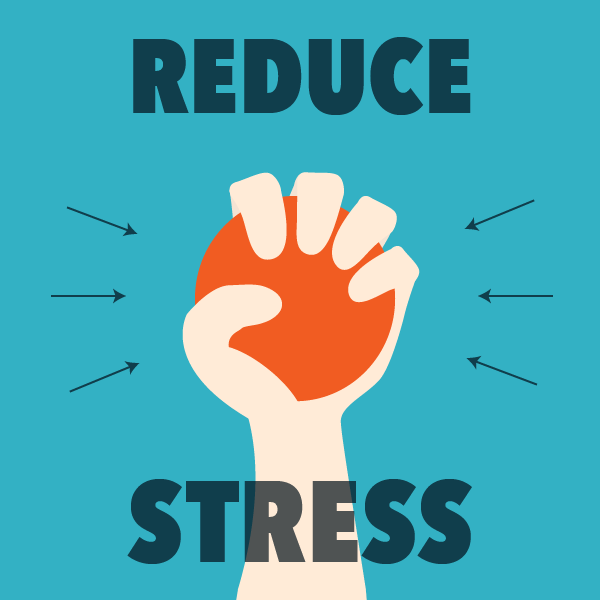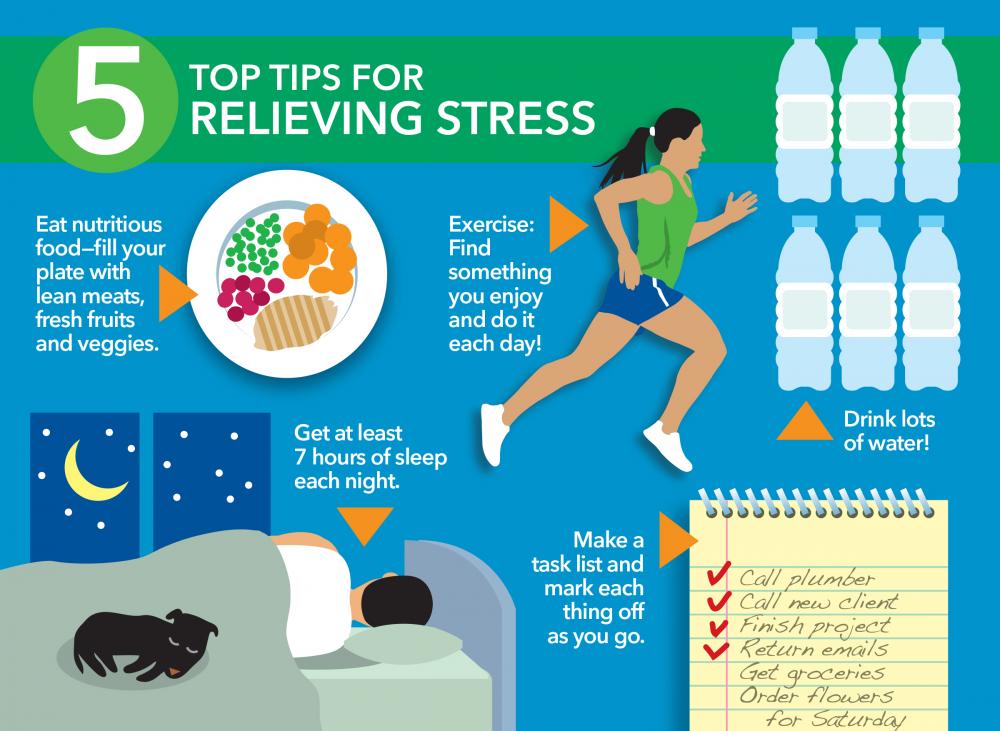
Stress takes on many forms in the human body and mind.
21st-century life and its many varying stressors have greatly contributed to a huge array of debilitating health conditions.
Quite simply, the human body has never been asked to work in conditions so far removed from natures design as it does in this present day.
Modern day health, fitness, and wellness practitioners must come well armed and well trained if they are truly going to help clients who often present themselves with an array of stress related conditions and symptoms.
Simply smashing clients hard in the gym when they already present symptoms of physical and/or emotional stress is a surefire way to cause more harm than good. Whilst there is certainly something cathartic in training hard, e.g hitting a punchbag or going for a run after a stressful day, these are practices best left to those still in great health. Even with the best intentions it is very possible that with prolonged stress, if you continue to train hard, it may just be the straw that breaks the camel’s back, which could promote musculoskeletal injury and/or contribute towards an impaired immune system or even illness.
https://www.youtube.com/watch?v=X2NYqESPTMU Hear what our client has to say.

Types of Stress & How M.A.S.K. Combat It
When we look at stress as health and fitness practitioners, we sub categorise stress into different types and give our clients strategies to overcome these different types of stress.
Below we will look at just a few of the subcategories of stress, and just a few examples of the methods that we employ to help people combat stressful situations.
1) Acute Stress
This type of stress may happen suddenly and throw you off of your daily rhythms momentarily. This type of stress maybe something akin to an argument with someone in your life, or even an exam that you don’t feel prepared for. Whilst the bodies stress response system is triggered with acute stress, it can be reversed with quick relaxation techniques.
– Breathing exercises are great for acute stress because they work very quickly.
– Cognitive reframing. This works by learning to change the way you look at the situation to manage your stress levels.
– Progressive Muscle Relaxation. Like breathing exercises, PMR will give you a moment to regroup and calm down.
2) Chronic Stress
Chronic stress is the type of stress that tends to occur on a regular basis. This type of stress may leave you feeling drained, and can lead to burnout if it’s not effectively managed. This is because the stress response is chronically triggered and the body is not brought back to a relaxed state before the next wave of stress hits, the body can stay triggered indefinitely. This type of stress can lead to a host of health issues, including cardiovascular disease, anxiety and depression.
– Exercise regularly. Regular exercise at the correct intensity for each individual, has been shown to be great for stress management and around 50% more effective than prescribed medications.
– Maintain a healthy diet. Fuelling your body with the correct macronutrient ratios for your individual eating type, paying attention to gut microbiomes and micronutrients help to boost immune function and wellness.
– Meditation and breathing exercises. If performed regularly these have been shown to reduce and regulate stress hormones which otherwise flood the body and contribute towards poor health and disease.
– Listen to music. Music sounds such a simple intervention that can act as a wonderful and stress reducing backdrop to everyday tasks.
3) Emotional Stress
The pain of emotional stress can be harder than some other types of stress. For example, the stress that comes from a conflicted relationship tends to bring a greater physical reaction and a stronger sense of distress than stress that comes from being busy work. Strategies that help you to process, fuse, and build resilience towards emotional stress can all work well.
– Talk to therapist. As a forward thinking health and fitness company, we have reached out and found highly qualified and experienced therapists to refer clients to should we feel it to be in their best interests.
– Indulge in hobbies. Outside of work, and the gym environment, it is not uncommon for us to encourage clients to participate in a wide variety of hobbies that bring happiness and fulfilment into their lives.
– Make your weekends count. Making time for yourself and learning to unwind when you have free time is a skill that can be practised so one can create meaningful work/rest balance.
There are so many types of stress that we haven’t covered in this email. Chemical or even electromagnetic stress are not uncommon for us to see on a week to week basis. Without accounting for these many varying types of stress which are commonplace in people’s lives, it is very hard to make a positive and meaningful difference as a coach.
In the next email we are going to cover the slightly lighter subject of hydration.
Until next time, stay awesome!
Click HERE to BOOK your COMPLIMENTARY Consultation. 🙂


